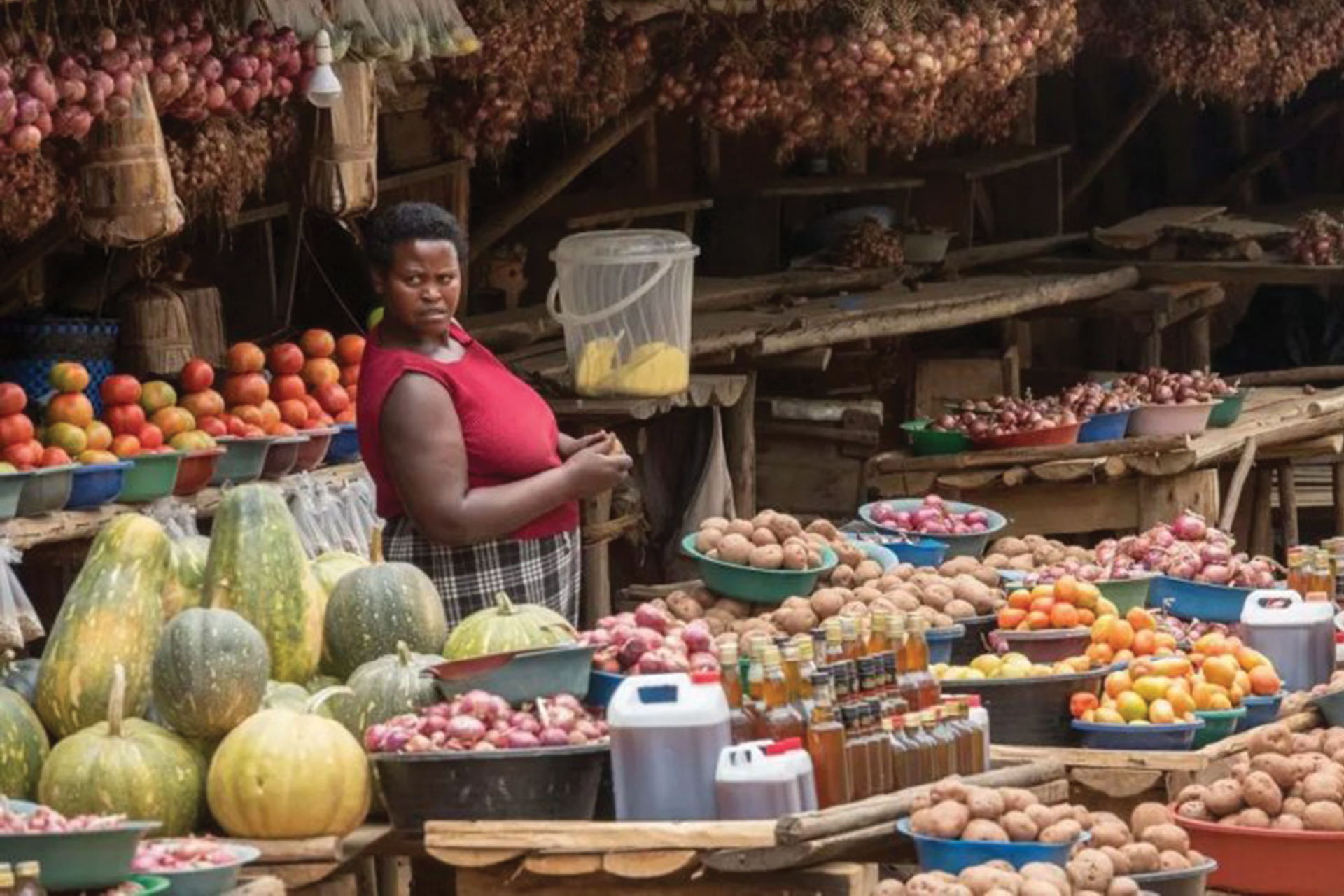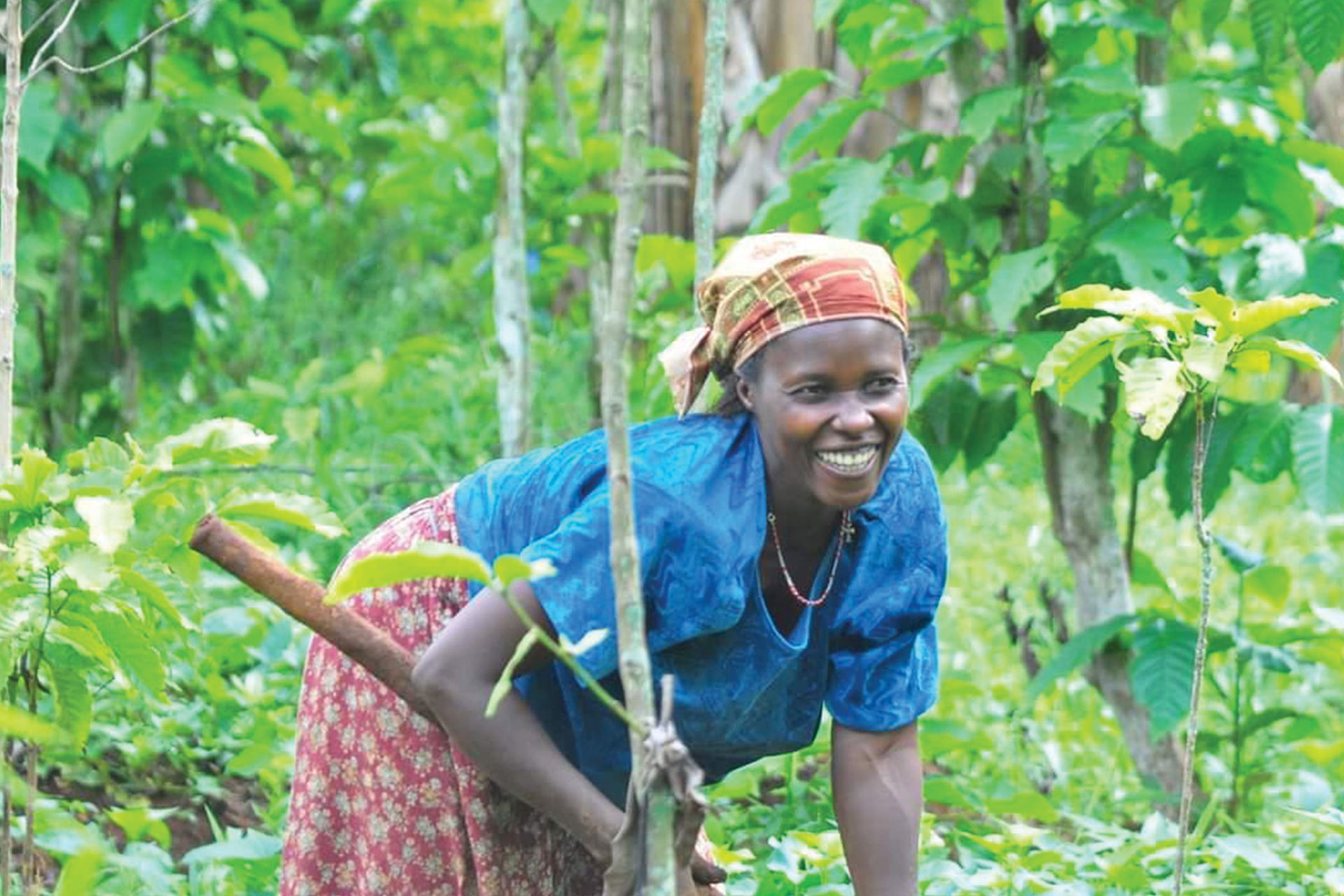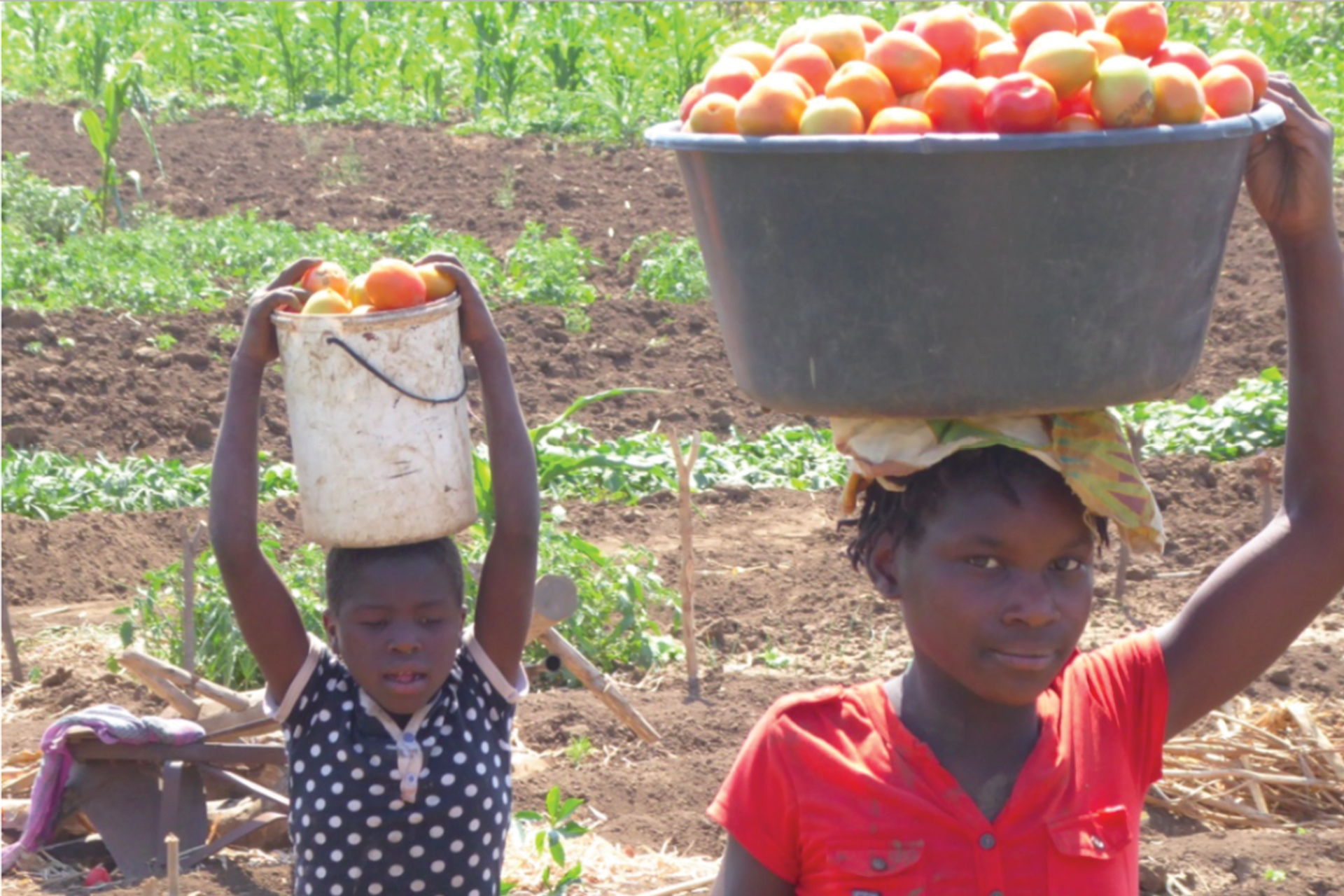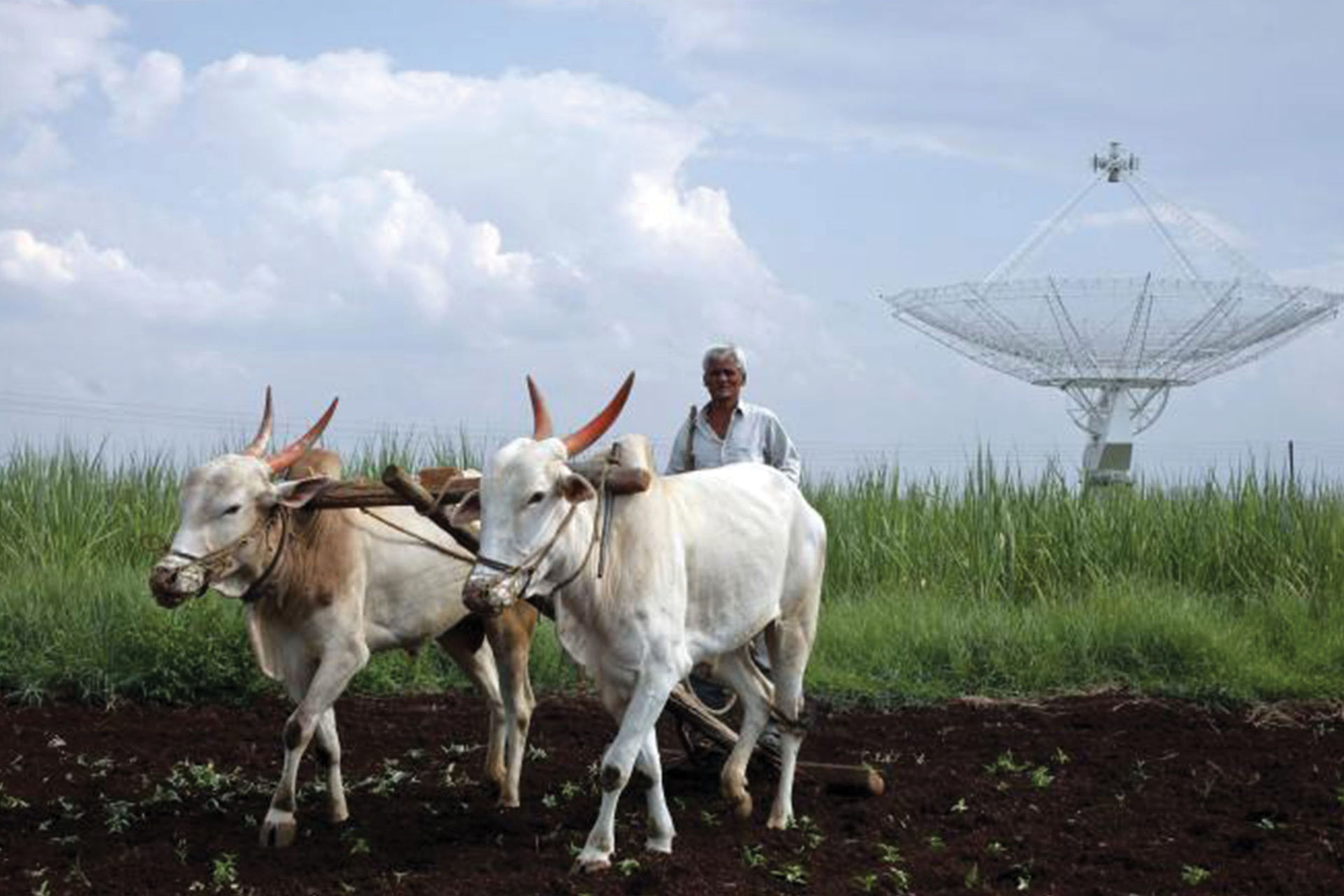Indigenous food seed and farming practices are essential aspects of preserving the cultural heritage, biodiversity, and resilience of Indigenous communities. These practices have been passed down through generations and are closely tied to the health and well-being of both the environment and the people. In this blog, we will explore the importance of indigenous food seed and farming, and how they contribute to food sovereignty and resilience.
The Connection Between Seeds, Identity, and Resiliency
Seeds are integral to creating food sovereignty, and revitalizing relationships with seeds can help restore Indigenous resiliency for future generations . Seed sovereignty is the right to seed, the right to save seeds, and the right to access seeds, ensuring that Indigenous peoples can maintain, conserve, and protect their traditional seeds and plant varieties . This sovereignty is crucial for preserving the genetic diversity of plant species and the cultural practices associated with them.
Indigenous Seed Keepers: Protecting and Revitalizing Traditional Seeds
Indigenous seed keepers are individuals who actively work to preserve and protect the genetic diversity of traditional seeds and plant varieties. They collaborate with organizations like the Native American Food Sovereignty Alliance (NAFSA) and other Indigenous groups to host seed sovereignty assessment trainings and learn about seed resilience in Indigenous communities These efforts help to rebuild Indigenous food and seed trade routes, ensuring that the majority of food comes from within the communities rather than relying on external sources
Challenges and Opportunities in Indigenous Food Seed and Farming
Indigenous food seed and farming practices face numerous challenges, including the impact of climate change, the influence of industrial agriculture, and the protection of intellectual property rights . However, Indigenous communities are also finding opportunities to reclaim their traditional food systems and assert their sovereignty. For example, the Rosebud Reservation in South Dakota has implemented an eight-month Beginning Farmers program, teaching sustainable farming methods and fostering a new generation of Indigenous farmers . In conclusion, indigenous food seed and farming practices are vital for preserving the cultural, environmental, and culinary heritage of Indigenous communities. By promoting seed sovereignty, supporting indigenous seed keepers, and embracing holistic approaches to sustainability, Indigenous communities can reclaim their food systems and ensure a resilient future for their cultures and environments.
"Local food is more than a meal; it's a narrative of the land, a story told by the hands that cultivate and the communities that savor. In every bite, we taste the essence of our region, forging a connection that transcends the plate, weaving together the fabric of our shared locality."







